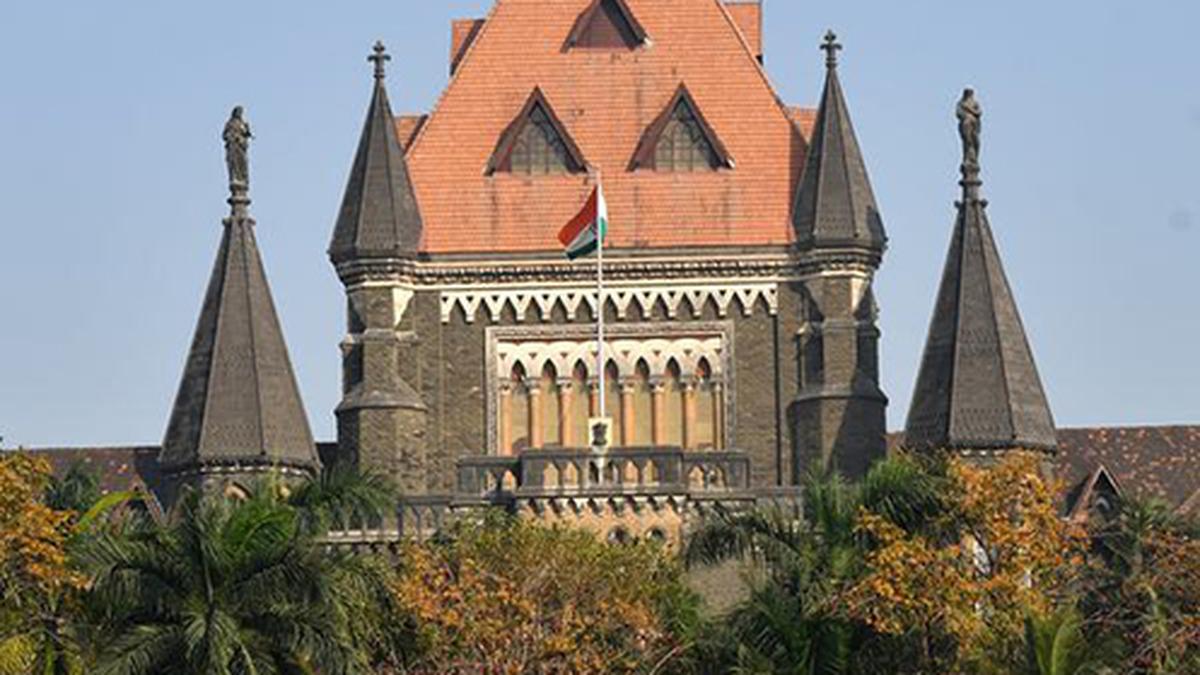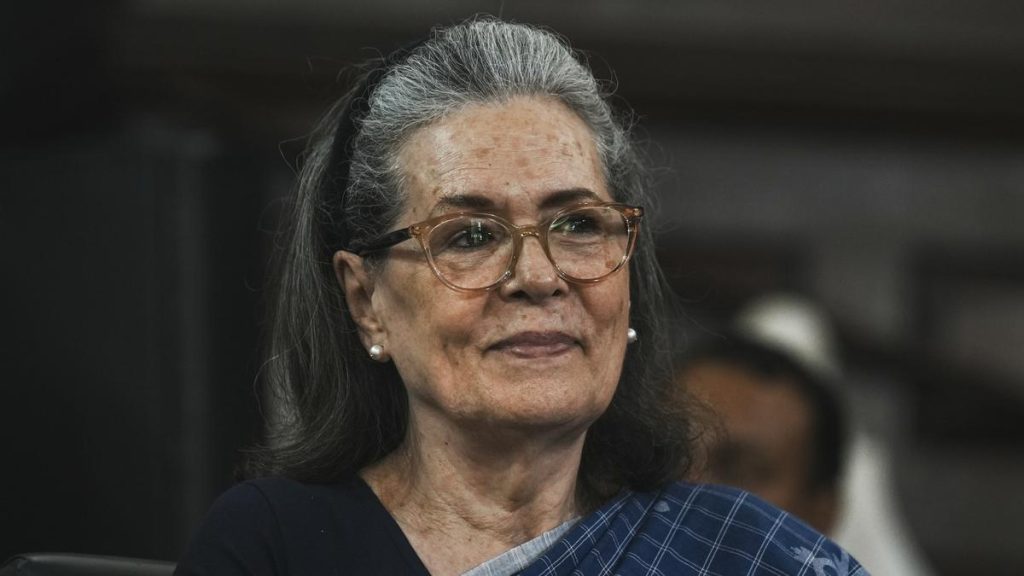Now Reading: Elgar Parishad Case: Ramesh Gaichor Granted Temporary Bail, Jail Authority Apologises for Delay
-
01
Elgar Parishad Case: Ramesh Gaichor Granted Temporary Bail, Jail Authority Apologises for Delay
Elgar Parishad Case: Ramesh Gaichor Granted Temporary Bail, Jail Authority Apologises for Delay

Quick Summary
- Activist Ramesh Gaichor, an accused in the Elgar Parishad-Maoist links case, was released from Taloja jail on temporary bail following a Bombay High Court order.
- The release was delayed as jail authorities initially insisted on a release warrant from the trial court despite the High Court’s directive.
- The prison superintendent filed an affidavit apologizing for non-compliance and confirmed Gaichor’s release on Wednesday night (September 10,2025).
- Temporary bail was granted to Gaichor till September 13, enabling him to visit his ailing father after not meeting him since his arrest in September 2020. His earlier request for interim bail had been denied by a special court.
- Allegations against Mr. Gaichor stem from speeches at the Elgar Parishad conclave in Pune (December 31, 2017), which allegedly incited violence near Koregaon-bhima war memorial.
Indian Opinion Analysis
This case highlights significant intersections between individual rights and procedural compliance within India’s judicial system. While granting temporary relief to activist Ramesh Gaichor underscores humanistic considerations like family ties during incarceration, procedural delays caused by jail authorities indicate systemic inefficiencies that can undermine adherence to judicial directives. Such incidents also underline broader concerns regarding accountability of institutions tasked with implementing court orders.
Moreover, allegations linking activism with Maoist ideology remain deeply contentious and reflect ongoing debates about dissent versus security concerns within democratic frameworks in India. As legal proceedings evolve in high-profile cases like Elgar Parishad-Maoist links, they are likely to be closely watched for their wider implications on freedom of expression and justice delivery mechanisms across the country.






















